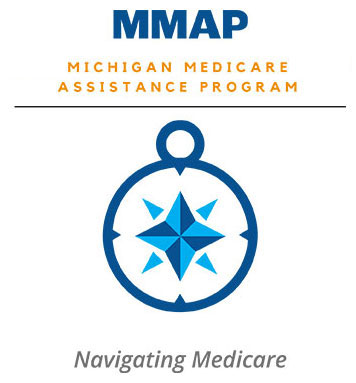June 4, 2013, 4:27 pm
Part D, Without Paying a Dime
By PAULA SPAN
Here’s a nonhypothetical question: If an older person without much money could receive prescription drug insurance — i.e. Medicare Part D — at no cost, why wouldn’t he apply?
Both Medicare and the Social Security Administration have tried to spread the word, to tell low-income seniors about a government-subsidized Part D program called Extra Help, a benefit worth about $4,000 a year.
Most people who qualify automatically are signed up for Extra Help through their enrollment in Medicaid or Supplemental Security Income. But among those who are eligible but must apply on their own — roughly 2.5 million older adults — only an estimated 35 percent to 40 percent receive it.
Trying to analyze which Part D plan gives you the best deal can drive anyone nuts, as Jane Gross has pointed out. But opting to take advantage of a free subsidy should, in theory, be a simpler decision.
“Why aren’t people taking free drug insurance that anyone would benefit from?” said J. Michael McWilliams, a health policy researcher at Harvard Medical School. He’s the senior author of a recent study that suggests an answer: Some older people lack the cognitive ability to understand their eligibility and apply.
“Here is a clear choice,” Dr. McWilliams said of Extra Help. “But it still requires awareness, being able to fill out the application, having a sense of what your income is, a number of cognitive tasks. It’s easier than sifting through multiple plans to find the right one, but it’s still a lot of work.” And it defeats more people at the lower end of the cognitive scale than at the upper end.
The study, published in JAMA Internal Medicine, used data gathered from 2006 to 2010 for the national Health and Retirement Study, which includes information on respondents’ household income and incorporates a telephone version of a common cognitive test. The researchers identified 2,206 Medicare beneficiaries whose low income and few assets would likely qualify them for a full Part D subsidy but who were not automatically receiving it; those people were divided into four groups based on their cognitive scores.
The cognitive differences proved significant. Those in the bottom quartile were less likely to be enrolled in Part D at all (52 percent) than those in the top cognitive group (63.5 percent).
Only about a third of those with the lowest cognition were aware that a lowincome subsidy existed, versus nearly 60 percent in the top group, and they were half as likely to apply for it (12.7 percent versus 25.5 percent, which is also a discouragingly low rate). People who scored poorly on a short test of numeracy, involving three simple math problems, were also less likely to apply and enroll.
“We found this pattern consistently,” Dr. McWilliams said. “It’s very telling.” So while the Social Security Administration mails out letters and creates public service announcements, and while Medicare liberalized the eligibility requirements for Extra Help a few years ago, merely informing and reinforming people about the program may not solve this puzzle. Even if applicants’ cognitive deficits don’t reach the level of dementia, “they might not be able to read and process the materials,” Dr. McWilliams pointed out. “They might misperceive their income and think they don’t qualify when they do. They might not be able to complete the application. Or they forget about it.”
Here’s a situation in which family intervention could prove helpful.
The Medicare.gov link for Extra Help lays out eligibility requirements. If your parent or older relative has income below $17,235 this year ($23,365 for a married couple) and less than $13,300 ($26,580 for a couple) in other resources, not including a house or car, be sure they’ve applied. A broad swath of the elderly population meets these thresholds and could receive a partial or full Extra Help subsidy.
“Family support that can help seniors navigate the system can be tremendously useful,” Dr. McWilliams said.
But his study — and others that have found that people with cognitive deficits are less likely to buy Medigap insurance, enroll in Part D or choose a Medicare Advantage plan with better benefits — points to a larger policy issue.
The market for Part D and other public insurance supposedly gets more efficient and benefits from healthy competition when consumers have sufficient information to make smart choices and drive prices down. In this case, though, “strategies that rely on just providing more information may not be effective,” Dr. McWilliams said.
Maybe, he and his colleagues suggest, Extra Help enrollment should be the default, with Medicare beneficiaries able to opt out instead of having to opt in. Or perhaps Medicare could provide more guidance, not just more data, for those who find the process too daunting to contend with. Though the “doughnut hole” is gradually closing, Part D remains an imperfect program. Still, it’s supposed to be available to the elderly poor. Prescription drugs aren’t a luxury.
